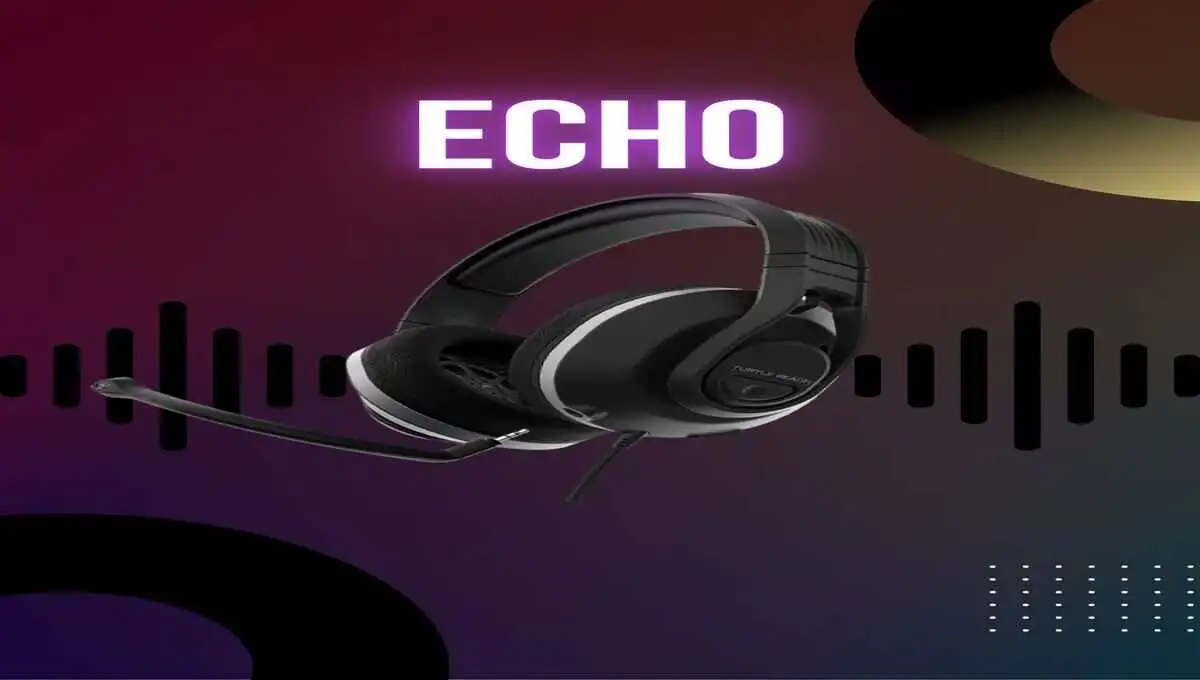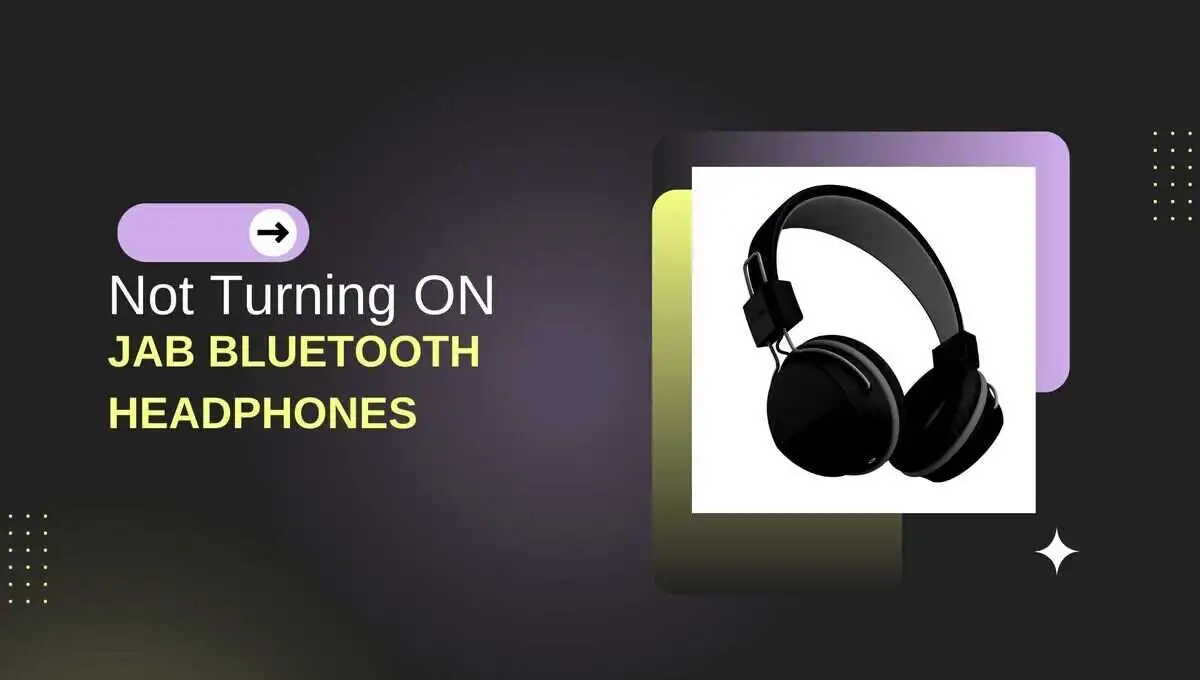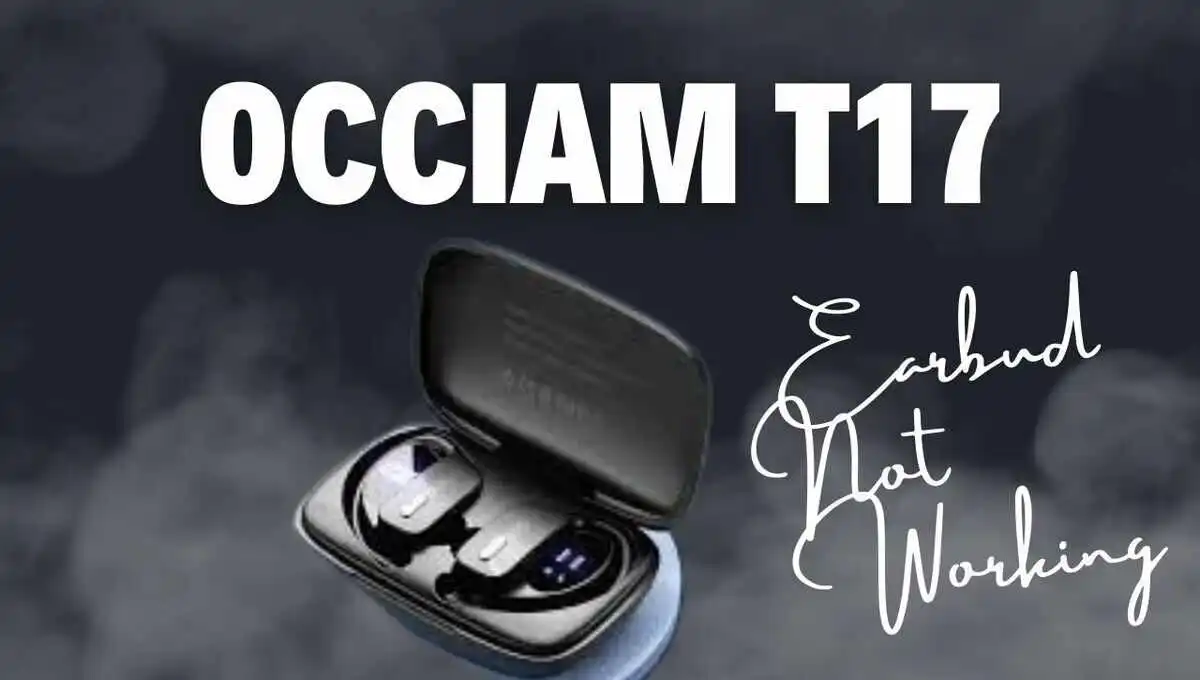Turtle Beach headsets are popular among gamers for their high-quality sound and built-in microphone. However, one of the most common issues with these headsets is echo, which can be frustrating and disruptive during gameplay or conversations.
In this article, we will explore why is my turtle beach headset echoing and how to stop echo on turtle beach headset.
Why is My Turtle Beach Headset Echoing:
Before we dive into the solutions, it’s important to understand what causes an echo on your Turtle Beach headset. There are several factors that can contribute to this issue:
Reflection:
Echo is caused by sound waves bouncing off walls, objects, or other surfaces before reaching the microphone on your headset.
This is called reflection and is the most common cause of echo.
It’s especially prevalent in rooms with hard surfaces, such as concrete or tile floors, that reflect sound waves more effectively.
Microphone Sensitivity:
The sensitivity of your microphone can also contribute to echo.
When the microphone is too sensitive, it can pick up sounds that it shouldn’t, such as your own voice coming through the speakers.
Crosstalk:
Crosstalk is when audio from your headset’s speakers is picked up by the microphone, causing an echo.
This can occur when your headset’s volume is too loud or when your microphone is too close to the speakers.
How To Stop Echo On Turtle Beach Headsets:
Now that we’ve covered the causes of echo, let’s look at some solutions to help you stop it. We’ve divided the solutions into four categories for ease of use.
Solution 1: Adjusting Headset and Microphone Positioning:
One of the easiest solutions to try is adjusting your headset and microphone positioning. Here’s how:
Proper headset positioning: Make sure the earcups are completely over your ears, and the headband is adjusted to fit snugly on your head.
This can help prevent sound from leaking out of the headset and into the microphone.
Adjusting microphone sensitivity: If your microphone is too sensitive, it will pick up sounds that it shouldn’t.
You can adjust the sensitivity in your headset’s settings or on your computer.
Noise-gate feature: Some Turtle Beach headsets come with a noise-gate feature that can help reduce echo.
This feature is designed to filter out background noise and only pick up your voice.
If your headset has this feature, try turning it on to minimize echo.
Solution 2: Adjusting Windows Sound Settings:
If adjusting your headset and microphone positioning doesn’t work, you can try adjusting your computer’s sound settings. Here’s how:
Microphone level: You can adjust the microphone level in your computer’s sound settings. Lowering the level can help reduce echo.
Enhancements settings: Some sound enhancements can cause echo. You can turn off enhancements in your computer’s sound settings to see if that helps.
Exclusive mode: Enabling exclusive mode can prevent other applications from using your microphone, which can help reduce echo.
Solution 3: Using a Third-Party Application:
There are several third-party applications available that can help reduce echo. One such application is VoiceMeeter Banana. Here’s how to use it:
- Download and install VoiceMeeter Banana.
- Set your default playback device to VoiceMeeter Input.
- Set your default recording device to VoiceMeeter Output.
- Adjust the gain settings to reduce echo.
Solution 4: Using Sound Card and Sound Control Panel
If none of the above solutions work, you can try using a sound card or adjusting your sound control panel settings. Here’s how:
Setting up sound card: A sound card can help improve sound quality and reduce echo.
Install a sound card if your computer doesn’t alreadyhave one and configure it properly.
Adjusting sound control panel settings: You can adjust your sound control panel settings to help reduce echo. Here’s how:
- Open the Sound Control Panel on your computer.
- Select your headset as the default playback device.
- Go to the Recording tab and select your microphone.
- Click on Properties and select the Levels tab.
- Lower the microphone level to help reduce echo.
Solution 5: Cleaning the headhones:
Clean Your Headphones Dirty or dusty headphones can also result in an echoing sound.
Use a clean, dry cloth to wipe down the headphones, paying special attention to the ear cups and speakers.
Solution 6: Adjusting the equilizer:
Adjust the Equalizer If the echoing sound persists after cleaning your headphones, try adjusting the equalizer.
Decrease the bass and increase the treble.
This can help eliminate the echoing sound.
Solution 7: Updating software:
Update Your Device’s Software Outdated software can also cause an echoing sound in headphones.
Ensure that your device’s software is up to date. Check the manufacturer’s website for updates.
How to Stop Turtle Beach Recon 70 echo:
The Turtle Beach Recon 70 is a popular budget headset that offers great sound quality for its price.
However, some users have reported experiencing an echo when using this headset. Here’s what you can do to stop the echo on your Turtle Beach Recon 70:
Lower the microphone sensitivity: To do this, go to your device’s audio settings and adjust the microphone sensitivity to a lower level.
Turn off mic monitoring: The Turtle Beach Recon 70 has a mic monitoring feature that allows you to hear your own voice through the headset.
This can cause an echo, so try turning off this feature.
Move the microphone away from your mouth: If the microphone is too close to your mouth, it can pick up the sound from your headset and cause an echo.
Try moving the microphone slightly away from your mouth to see if that helps.
How to Stop Turtle Beach Recon 200 echo:
The Turtle Beach Recon 200 is a mid-range headset that offers good sound quality and comfort.
However, some users have reported an echo when using this headset. Here are some solutions to help you fix the echo on your Turtle Beach Recon 200:
Lower the microphone sensitivity: Just like with the other models, lowering the microphone sensitivity can help reduce the echo on the Turtle Beach Recon 200.
Adjust the audio settings: Make sure that the audio input and output are set to the correct devices. Additionally, try changing the audio format to see if that helps.
Turn off mic monitoring: The Turtle Beach Recon 200 has a mic monitoring feature that allows you to hear your own voice through the headset. This can cause an echo, so try turning off this feature.
How to Stop Turtle Beach Recon 200 Gen 2 echo
The Turtle Beach Recon 200 Gen 2 is a newer version of the original Recon 200, and it has also been reported to have an echo problem. Here are some solutions to help you stop the echo on your Turtle Beach Recon 200 Gen 2:
Update the firmware: Turtle Beach has released a firmware update for the Recon 200 Gen 2 that specifically addresses the echo issue. Make sure that your headset is updated to the latest firmware version.
Lower the microphone sensitivity: As with the other models, lowering the microphone sensitivity can help reduce the echo on the Turtle Beach Recon 200 Gen 2.
Adjust the audio settings: Make sure that the audio input and output are set to the correct devices. Additionally, try changing the audio format to see if that helps.
How to Stop How to Stop Turtle Beach Recon 500 echo:
The Turtle Beach Recon 500 is a newer model that has received positive reviews for its comfort and sound quality.
However, some users have reported experiencing an echo with this headset as well.
Here are some solutions to help you stop the echo on your Turtle Beach Recon 500:
Adjust the audio settings: Make sure that the audio settings on your device are properly configured. Check to see if the audio input and output are set to the correct devices.
Lower the microphone sensitivity: Just like with the Turtle Beach Recon 70, lowering the microphone sensitivity can help reduce the echo on the Turtle Beach Recon 500.
Turn off sidetone: The Turtle Beach Recon 500 has a sidetone feature that allows you to hear your own voice through the headset. This can cause an echo, so try turning off this feature.
Conclusion:
An echo on your Turtle Beach headset can be frustrating, but with the solutions we’ve provided, you should be able to fix the problem.
Remember to check your device’s audio settings, adjust the microphone sensitivity, and turn off any unnecessary features such as mic monitoring and sidetone.
If the problem persists, contact Turtle Beach customer support for further assistance.




